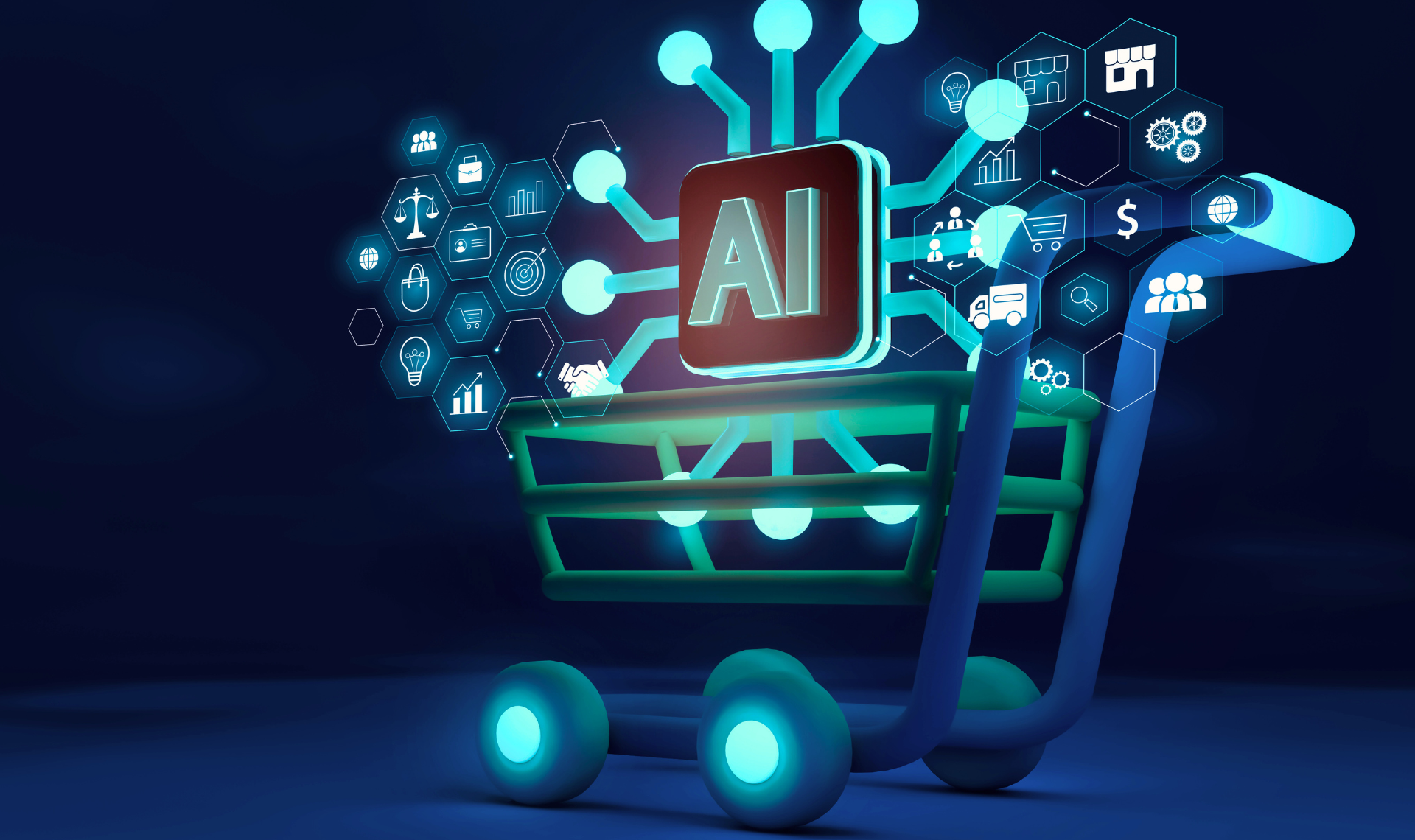The retail industry is undergoing a radical transformation fueled by advancements in artificial intelligence. From hyper-personalized marketing to optimized inventory management, AI technologies are helping retailers craft unique customer experiences while driving operational efficiency and increasing revenue. This article explores the latest trends and impacts of AI personalization in retail.
The AI Revolution in Retail
Artificial intelligence has moved far beyond simple automation. Modern AI systems analyze vast amounts of data to deliver personalized recommendations, predict consumer behavior, and dynamically adjust marketing strategies. This capability is reshaping how retailers engage with customers, turning passive shoppers into loyal brand advocates.
Hyper-Personalization: The New Standard
Today’s consumers expect experiences tailored specifically to their preferences, needs, and behaviors. Retailers use AI algorithms to interpret data from multiple sources — including browsing history, purchase patterns, social media activity, and even weather conditions — to customize offers and product suggestions in real time.
Amazon’s recommendation engine, which reportedly drives over 35% of its sales, is a prime example of hyper-personalization in action. Smaller retailers are also deploying AI-driven tools that enable:
Personalized email marketing campaigns with predictive analytics.
Dynamic pricing models that adjust based on demand and customer segments.
Customized online store layouts tailored to individual shopper profiles.
Inventory and Supply Chain Optimization
Behind the scenes, AI is revolutionizing inventory management and logistics. Predictive analytics help retailers anticipate demand surges or drops, minimizing both overstock and stockouts. This capability reduces waste and lowers costs, enabling more sustainable and efficient operations.
AI-powered demand forecasting also improves supplier coordination, allowing companies to react quickly to market changes and shifting consumer trends.
Enhancing Customer Service with AI Chatbots
AI chatbots and virtual assistants are becoming essential tools for improving customer service. These systems provide 24/7 support, answer queries instantly, and resolve common issues without human intervention. When escalated, AI can analyze past interactions to help human agents deliver more personalized and effective assistance.
Brands employing advanced chatbots report increased customer satisfaction, faster response times, and reduced operational expenses.
Business Growth Through Data-Driven Insights
By leveraging AI to gather and interpret customer data, retailers gain deep insights into shopping behaviors and preferences. These insights guide marketing strategies, product development, and store layouts to better meet customer expectations.
AI analytics also identify emerging trends, enabling retailers to stay ahead of the competition by quickly adapting to new market demands.
Challenges and Ethical Considerations
Despite the benefits, AI personalization raises privacy concerns. Retailers must balance data collection with transparent practices and respect for consumer privacy. Regulations like GDPR and CCPA require companies to be accountable for how they handle personal data.
Retailers also face challenges integrating AI systems across legacy infrastructure, requiring significant investment and organizational change management.
The Road Ahead
The future of retail lies in seamless AI integration that enhances human creativity and intuition rather than replacing it. Retailers who embrace AI personalization with a customer-first mindset are poised to build stronger relationships, increase loyalty, and unlock new revenue streams.
As AI technology continues to evolve, the boundary between digital and physical shopping will blur, creating immersive, personalized experiences that define the next era of commerce.
Source: McKinsey & Company Retail AI Report (2025), Gartner AI in Retail Survey, Harvard Business Review – AI and Customer Experience, Forrester Research on AI Personalization.

